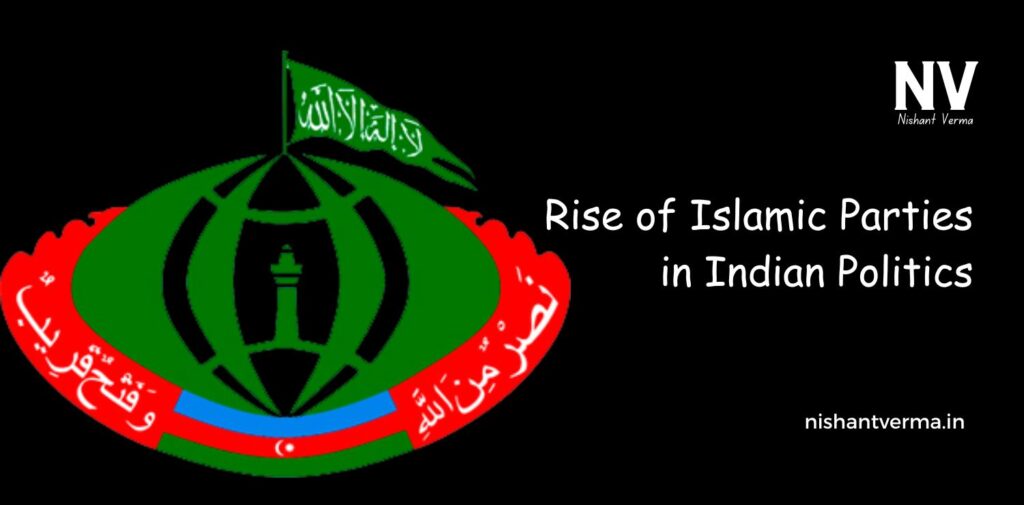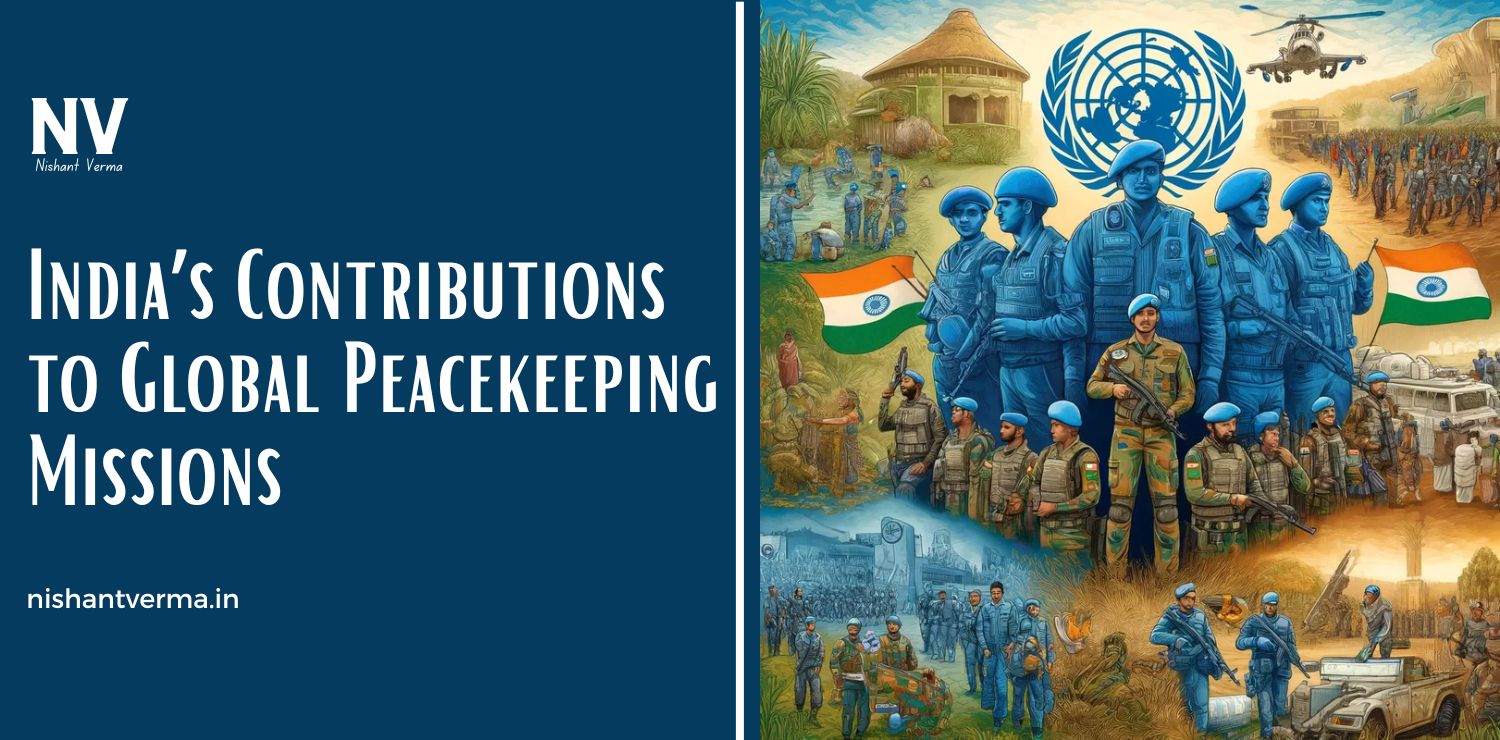India is a country that is known for its diversity. People from different religions, cultures, and languages live together in harmony. Among the many religions in India, Islam is one of the largest. The Muslim community in India has a long and rich history. In the political landscape of India, there has been a rise in Islamic political parties over the years. These parties have played a significant role in shaping the country’s politics, especially after independence. This article will help you understand how Islamic parties have emerged in Indian politics, their role, and their influence on the country.
A Look at Indian History and Islam
India has always been home to people from different backgrounds. Islam arrived in India many centuries ago. The Mughal Empire, which ruled parts of India from the 16th to the 19th century, helped spread Islam throughout the subcontinent. Over time, Islam became an integral part of India’s culture and society. Today, India has the second-largest Muslim population in the world, with over 200 million Muslims living across the country.
After India gained independence in 1947, the country was divided into two parts: India and Pakistan. Pakistan was created as a separate nation for Muslims, while India remained a secular country with people of all religions living together. Despite being a minority in India, Muslims have always played an important role in the country’s political and social life.
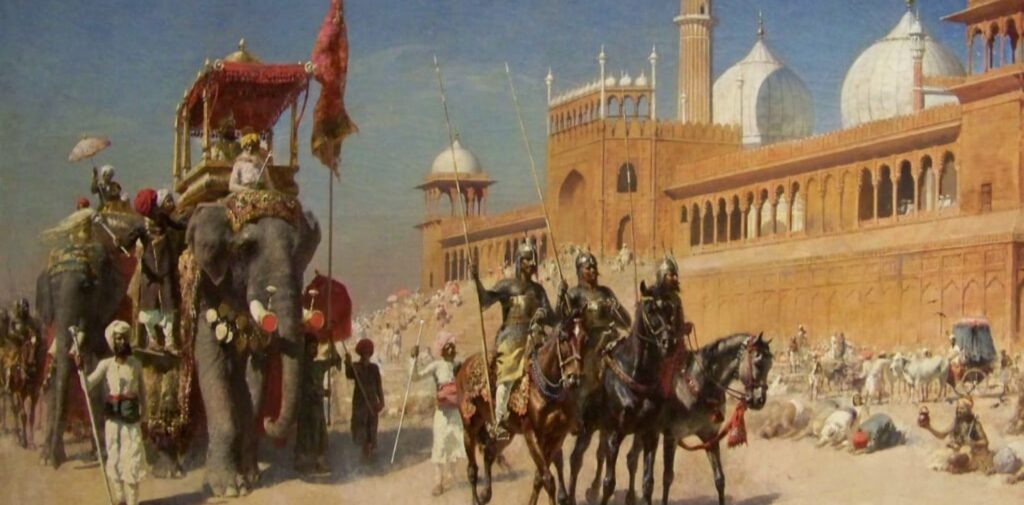
The Role of Religion in Politics
In India, politics has often been influenced by religion. Political parties have sometimes used religion to gain support from people, including the Muslim community. After independence, many political parties, including those with Islamic roots, began to form to represent the interests of Muslims in the country.
Islamic political parties often focus on issues that matter to the Muslim community. These may include concerns about the protection of religious practices, the development of Muslim-majority areas, and ensuring that Muslims get equal rights in society. Some of these parties also focus on raising awareness about Islamic values and ideas in the political sphere.
The Early Years of Islamic Political Parties
The first major Islamic political party in India was the All-India Muslim League. This party was formed in 1906 and was an important force in the struggle for independence. The Muslim League played a key role in the creation of Pakistan. However, after India became independent, the Muslim League’s influence in Indian politics decreased, as Pakistan became a separate country for Muslims.
After independence, the Indian Union Muslim League (IUML) was formed to represent Muslims in India. It worked to protect the rights and interests of Muslims in India, especially in the southern states of Kerala and Tamil Nadu. The IUML continues to be an important political party in these states.
Another significant party was the Jamaat-e-Islami Hind. This party was formed in 1948 with the goal of promoting Islamic values in politics. Unlike some other Islamic parties, Jamaat-e-Islami Hind believe in working within the framework of the Indian Constitution. The party advocates for social justice, equality, and the welfare of all citizens, regardless of their religion. It is not just focused on the interests of Muslims but also works for the benefit of the entire country.
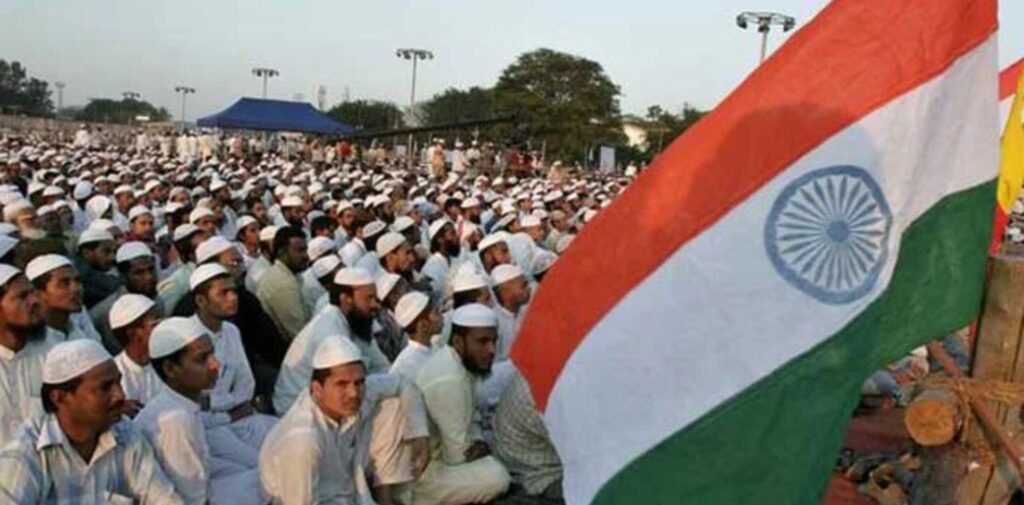
The Rise of Islamic Parties in Modern India
In the later years of the 20th century and early 21st century, several new Islamic political parties and groups began to gain popularity in India. These parties and movements focused on the concerns of Muslims in India, especially issues related to their economic, social, and educational development. Some of the more well-known Islamic political parties that emerged include:
- The Samajwadi Party (SP): Though not an Islamic party, the Samajwadi Party has significant support from the Muslim community in states like Uttar Pradesh. The party has worked on issues affecting Muslims, such as reservations for backward classes, better job opportunities, and social welfare programs. Its policies have earned it the support of many Muslim voters.
- The Rashtriya Ulema Council (RUC): Formed in the 21st century, this party aims to promote the rights of Muslims in India. The party focuses on issues such as education, employment, and social justice for Muslims, and it tries to create political awareness among Muslim youth.
- The All India Majlis-e-Ittehad-ul-Muslimeen (AIMIM): This political party, based mainly in Hyderabad, was formed in the 1920s but rose to national prominence in recent years. The party is led by Asaduddin Owaisi, a prominent Muslim leader. AIMIM focuses on the welfare of Muslims, the protection of Muslim identity, and providing better opportunities for Muslims in education and employment. The party has gained support in several states and is seen as an important voice for Muslims in Indian politics.
- The Welfare Party of India: Another party that aims to bring attention to the issues faced by the Muslim community. It works on both social and political issues, focusing on the education and development of Muslims. It also advocates for a society based on justice, equality, and respect for human rights.
What Do Islamic Parties Stand For?
Islamic parties in India have different goals, but some common themes run through their agendas. These include:
- Social Justice: Islamic parties often work towards the upliftment of Muslims in India. They focus on issues like poverty, unemployment, and lack of access to education, which affect many Muslims in the country. These parties seek to improve the living conditions of Muslims through government policies and programs.
- Equality and Fair Treatment: Many Islamic political parties emphasize the importance of ensuring that Muslims are treated equally in society. They advocate for equal rights and opportunities for all, regardless of religion.
- Protection of Islamic Values: Some Islamic parties focus on preserving and promoting Islamic values in politics and society. They believe that Islamic teachings can guide social and political actions to create a more just and fair society.
- Better Representation: One of the main goals of Islamic parties is to ensure that the Muslim community has a voice in Indian politics. They want to make sure that Muslims are represented in government and that their concerns are heard and addressed.
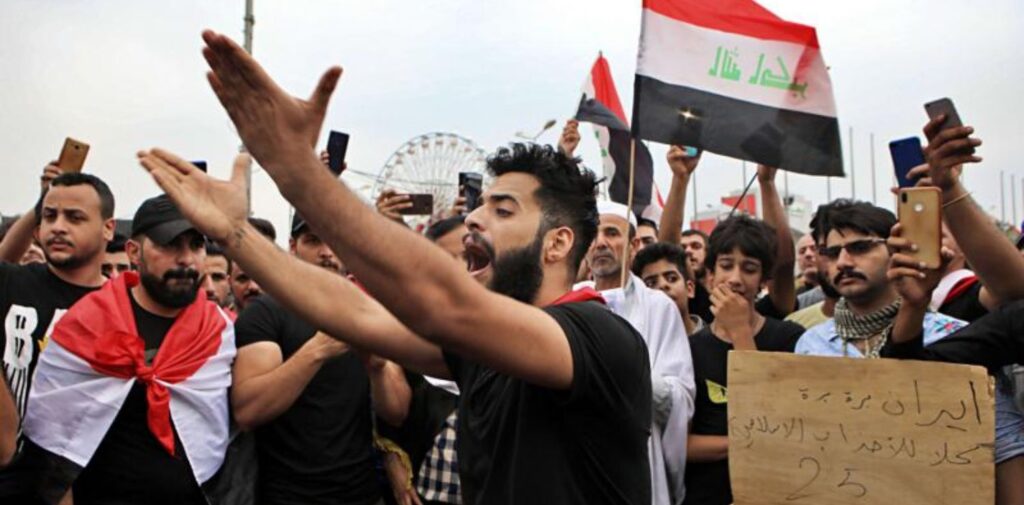
Challenges Faced by Islamic Parties
While Islamic political parties have made significant strides, they still face many challenges in India. Some of these challenges include:
- Political Isolation: Many Islamic parties struggle to build coalitions with other parties. They often face opposition from mainstream parties, which view them as representing only the Muslim community. This makes it difficult for Islamic parties to expand their influence beyond Muslim-majority areas.
- Stereotyping and Prejudice: Islamic parties often face prejudice and stereotyping in Indian society. They are sometimes unfairly labelled as “communal” or “anti-national,” which can damage their reputation and hinder their growth.
- Internal Divisions: Within the Muslim community itself, there are different views and opinions on how Islamic parties should operate. Some Muslims prefer more moderate parties that focus on social justice for all, while others support parties that prioritize Islamic identity.
Conclusion
The rise of Islamic parties in Indian politics is an important development in the country’s democracy. These parties have played a crucial role in representing the interests of the Muslim community, addressing issues related to social justice, and ensuring that Muslims have a voice in the political process. Although they face several challenges, Islamic parties continue to be an important part of India’s political landscape. Understanding their role helps us better appreciate the complexity of India’s democracy and the importance of including diverse voices in shaping the country’s future.
As India moves forward, it is essential to recognize the significance of these parties in fostering a fairer and more inclusive society, where every citizen, regardless of their religion, can have a say in the decisions that shape their lives.

